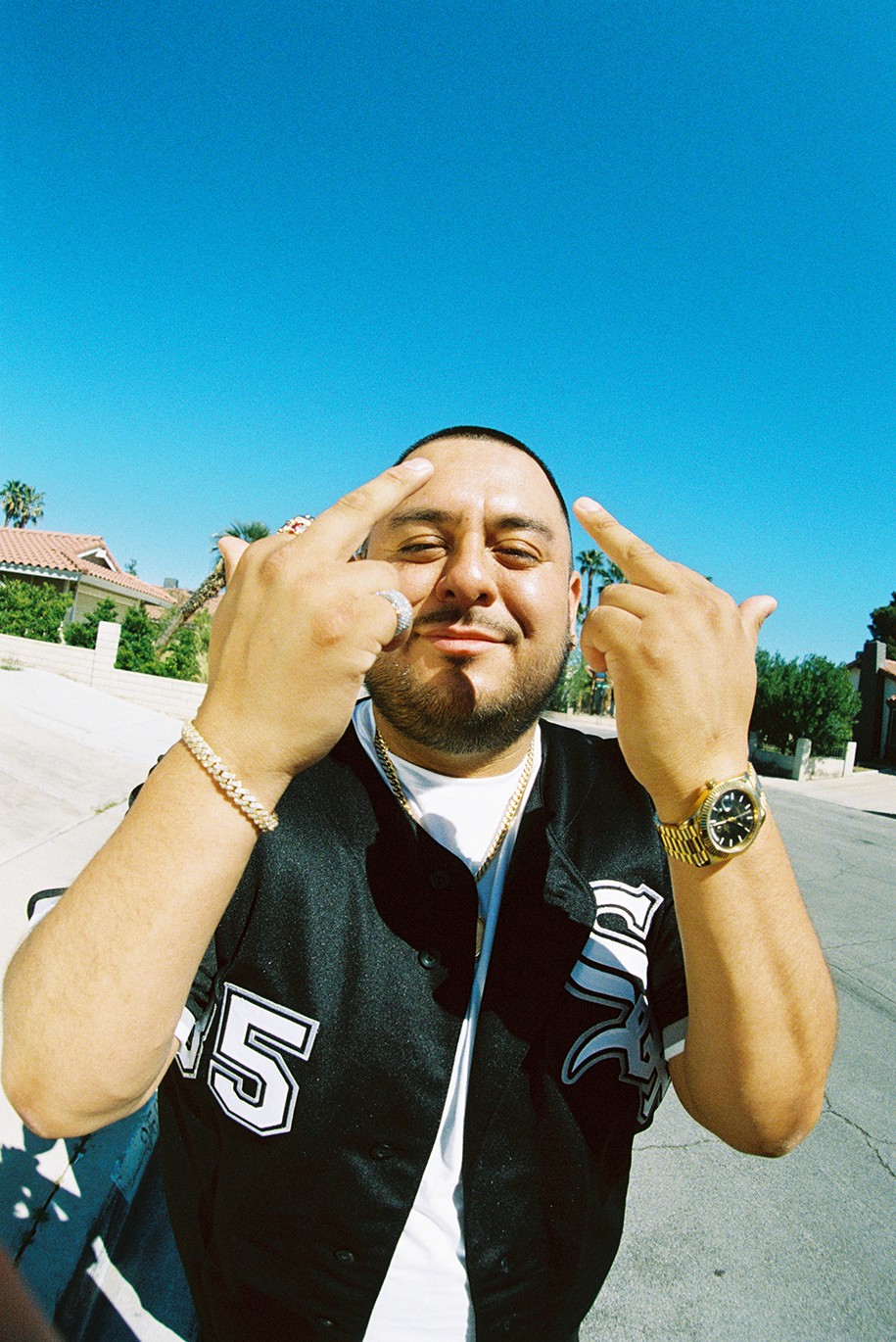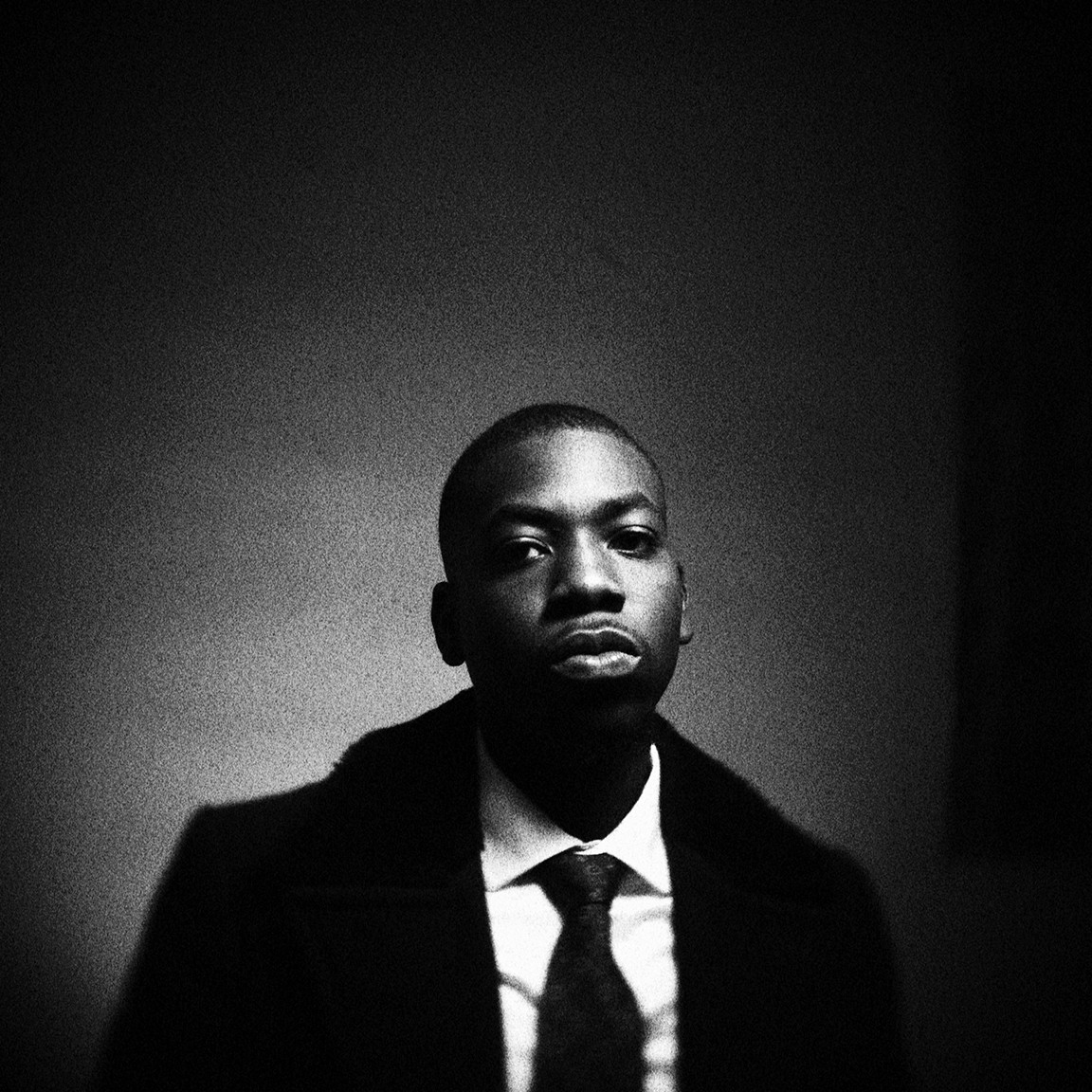Exclusive Interview
Apr 14, 2025
Produced by: Rudy Manager
Edited by: Rudy Manager & Andrej Aroch
Brook Beatz – From Russia to Grammy Nominations, DJ Khaled Collaborations & Music Production Insights
In this exclusive interview with Studio Talks, we sit down with Brook Beatz, a Grammy-nominated music producer hailing from Russia, who has made a name for himself on the global stage. From his early days discovering music in school to crafting beats for some of the biggest names in the industry, Brook shares his journey, creative process, and insights into the music business. Best known for his work with DJ Khaled, Homixide Gang, and EST Gee, he has solidified his place in the world of hip-hop production. This interview was conducted by Rudy Manager via video call on March 19th, 2025.
“Success comes from consistent effort over time”
- Brook Beatz
How did you first become interested in music?
It started when I was in second grade. My classmates introduced me to rappers like 50 Cent, Eminem, and DMX. I started listening to a lot of that music, but I also got into rock—bands like Green Day—and even pop, like One Direction. Later, I discovered EDM artists like Skrillex and Martin Garrix. I really liked the energy in their music—it made me feel motivated.
Was there a specific moment when you decided you wanted to start music production?
It was around 2015 when I discovered new trap artists like Travis Scott, Lil Uzi Vert, and Young Thug. I really liked this new wave of music—the hard-hitting trap drums and unique melodies. That got me curious about production—wondering who was making beats for these artists and how they did it.
I found out about Metro Boomin and started following him. I watched his Good Cook Up Vol. 1 and Vol. 2 videos on YouTube—he uploaded them about 10 years ago. But at that time, I still hadn’t downloaded a DAW myself.
Then, one day, I was scrolling through YouTube recommendations and saw a video of Martin Garrix on the radio, making a beat in FL Studio in just five minutes. That moment really shocked me. I thought, “This is amazing. I want to do this. I want to create like this.” So in 2017, I finally downloaded FL Studio and started learning.
After you started producing music, how did you improve your craft? Did you go to school for it, or was it mostly self-taught—like through YouTube?
I listened to a lot of music and tried to remake the instrumentals of popular songs—like “Antidote” by Travis Scott. One of my favorite songs was “Reminder” from The Weeknd’s Starboy album. I tried to remake it at least 10 times.
That process helped me understand how chord progressions work in trap instrumentals and how to structure the drums. Then, in 2018, I discovered CashMoneyAP and Internet Money. I started watching a lot of tutorials from Internet Money, which helped me improve a lot.

How can producers collect their royalties after landing their first hit? What advice do you have for handling the business side of music?
The first thing you need to do is find a publisher who will collect your royalties from different platforms. That’s important, because if you don’t set things up properly, you could miss out on money you’ve already earned.
You also need to set up a BMI or ASCAP writer account to collect your performance royalties. Additionally, make sure to create a SoundExchange account, as they collect royalties from radio play and digital streaming services.
Another important piece is collecting master royalties, which usually comes through label platforms. Labels give you access to their vendor accounts, where you can claim your share of the master royalties.
For me, my management team helps handle a lot of this. They’ve helped me and other producers collect our master royalties. Soon, they’ll also start handling my publishing. Before that, I was using BeatStars to manage it.
Overall, it’s important to educate yourself on the business side early on so you don’t miss out on the money you deserve.
What’s your take on younger producers selling sample packs, preset packs, or beats? Do you think it’s a good extra income stream alongside placements?
If you want to build an online business, it’s a great move. You can do it alongside placements—both go hand in hand.
Selling sample packs, drum kits, and presets is a solid way to generate income while building your brand. Over time, you can expand into bigger things, like creating VST plugins or other music-related products.
Personally, I’m planning to launch my own website soon, where I’ll be selling sound kits and VST plugins. It’s a smart way to create multiple income streams and avoid relying solely on placements.
What advice do you have for upcoming producers outside the U.S.—especially those not in major music cities like L.A., Atlanta, or New York—who want to build their brand and start working with artists?
First, you need to collaborate with as many producers as possible, especially if you’re in a city where other producers have industry connections. Lock in with them and build real relationships.
Also, make it a habit to create at least three loops or starters every day and send them out to producers. Use the emails you find on Instagram and reach out to 20 to 30 major producers every day. The more you network, the more opportunities you create for yourself.
Once you land your first major placement, don’t waste the money. Save as much as you can, because the music business is unstable—especially if you’re relying on placements. Instead of spending it all, reinvest in better equipment, beat promotion, and building your brand.
Another key thing is TikTok. Right now, it’s one of the best tools for getting exposure. Post as much as possible and take advantage of its reach.
But above all, you need consistency. Consistency is more important than motivation. Motivation comes and goes, but without discipline and the habit of working daily, it’s easy to quit. Success comes from consistent effort over time.
And finally, collaboration is the key. When you work alone, your opportunities are limited. When you collaborate, you expand your network, accelerate your growth, and open doors you wouldn’t have access to on your own.
Where do you see yourself in five years? You can share both your personal and career goals.
In five years, I want to have a strong personal brand and create at least two of the biggest hits in the world. Right now, my main focus is on music—making hit records and popular songs that truly connect with people.
On a personal level, I hope to have a family—but we’ll see how life unfolds.
Follow Brook Beatz on Instagram: @brookbeatz
More Blog Posts
See our latest blogs















